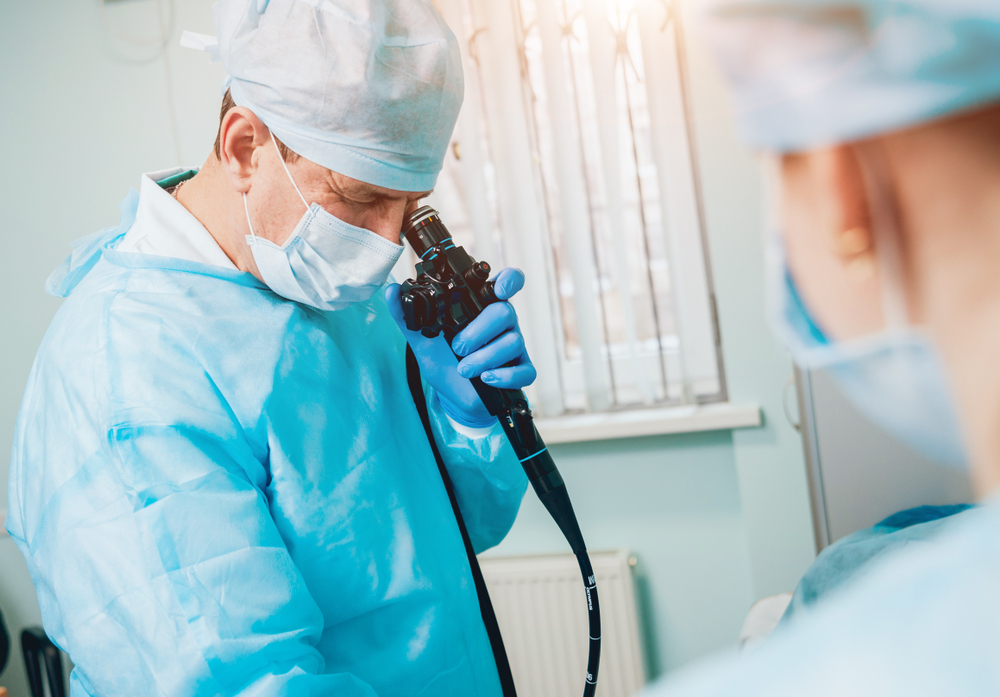A gastroenterologist is a medical doctor specializing in diagnosing and treating conditions affecting the digestive system, including the stomach, intestines, and other associated organs. If you are experiencing digestive problems, your primary care physician may refer you to a gastroenterologist for further evaluation and treatment. The best Cypress gastroenterologist uses various diagnostic techniques, including X-rays, ultrasound, and endoscopy, to diagnose digestive problems. Treatment modalities may include medications, dietary changes, and surgery. In this article, we look at some of the signs you need to see a gastroenterologist.
-
Pain When Swallowing
One of the most common signs you may need to see a gastroenterologist is a pain when swallowing. This pain may be due to an inflammation of the lining of the esophagus, known as esophagitis. Esophagitis can be caused by several conditions, including GERD, infection, or allergic reaction. Treatment for esophagitis may include medications, dietary changes, or surgery.
-
Difficulty Swallowing
If you have difficulty swallowing, you may need to see a gastroenterologist. Difficulty swallowing can be caused by several conditions, including GERD, blockage in the throat or esophagus, or muscle weakness. Treatment for difficulty swallowing may include medications, dietary changes, or surgery.
-
Heartburn or Acid Reflux
Heartburn is a common symptom of GERD, which is a condition that causes the contents of the stomach to back up into the esophagus. Heartburn is a burning sensation in the chest that can be accompanied by regurgitation, belching, and difficulty swallowing. Treatment for heartburn may include medications, dietary changes, or surgery.
-
Nausea and Vomiting
If you are experiencing nausea and vomiting on a regular basis, you may need to see a gastroenterologist. Nausea and vomiting can be caused by a number of conditions, including infection, food poisoning, or stomach cancer. Treatment for nausea and vomiting may include medications, dietary changes, or surgery.
-
Diarrhea
Diarrhea is not a condition, but rather a symptom of another underlying condition. Diarrhea can be caused by a number of conditions, including infection, food intolerance, or IBD. Depending on the cause of diarrhea, treatment may include medications, dietary changes, or surgery.
-
Constipation
It is normal to have constipation once in a while. It may come due to a change in diet or some medication. However, if you are having constipation on a regular basis, it may be a sign of an underlying condition, such as IBS. A gastroenterologist may be able to help you find the cause of your constipation and provide treatment.
-
Rectal Bleeding
If you are experiencing rectal bleeding, you may need to see a gastroenterologist. Rectal bleeding can be caused by a number of conditions, including hemorrhoids, anal fissures, or colorectal cancer. Treatment for rectal bleeding may include medications, dietary changes, or surgery.
-
Dizziness
Dizziness is not a condition, but rather a symptom of another underlying condition. Dizziness can be caused by a number of conditions, including dehydration, inner ear infections, or low blood sugar. Treatment for dizziness may include medications, dietary changes, or surgery.
In summary, a gastroenterologist is a doctor specializing in the diagnosis and treatment of problems affecting the digestive system. You need to see one if you experience chronic dizziness, constipation, diarrhea, or heartburn and acid reflux. Rectal bleeding, nausea and vomiting, and difficulty or pain when swallowing can also point towards a problem that needs medical attention.




